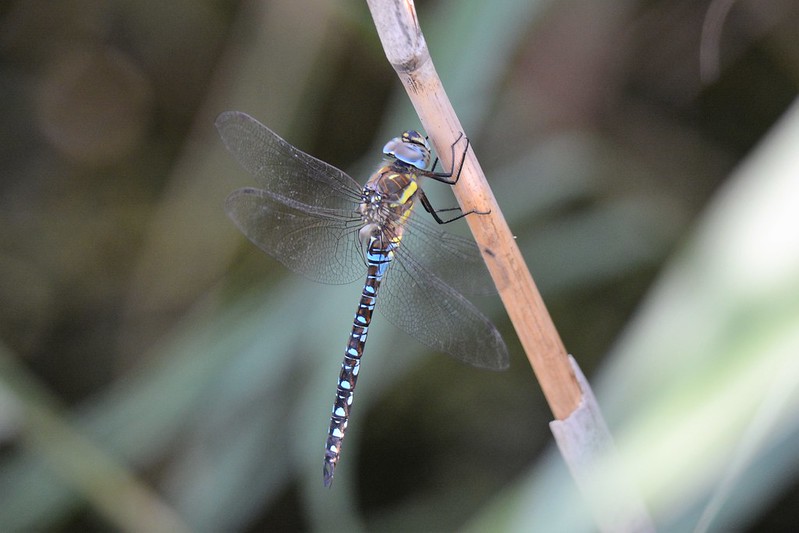New poems by STEVEN LEYVA and ELIZABETH SCANLON
Table of contents:
Steven Leyva
- Ear Hustle
- Gorgoneion: Ft Worth
Elizabeth Scanlon
- This Thing
Ear Hustle
By Steven Leyva
Get down to the smallest birthright
I cannot claim: say beignets
and doesn’t the stutter of hot oil start
to sizzle the small plates of memory?
Faces powdered with sugar, no thought
to whose ancestors cut which cane, sing
a hymn of “mmm, mmm, mmm.”
Jackson square hangs its portraits
on the iron gates. And who can hold a horn
note as long as the midday sun? Look up
from that small plate and café
au lait, and see the bent levees
of language I cannot break. I will shame
every shibboleth. And every house is lifted
like a paused rapture. This cruelty and more
fries the Godhead in lard. Pour me a cup
of chicory. A saxophone player cuts a canal
through the breakfast din, playing Tank
and the Bangas I gotta make a quick decision
about how often I can be rescued.
Neither I nor my children will ever ride
the roller coasters at Jazzland
where a sign still hangs as it does in the heavens:
will open after storm.
Gorgoneion: Ft Worth
By Steven Leyva
From the snake-haired interstate
exit ramps, the city throws its stone
heart. Burnt grass cleaves the clay
embedded lawns, as sprinklers rise at 3 am
dreaming the nymphs of insects: none
bigger than the dragonfly that flits
like the flint of an arrowhead that can’t choose
whom to kill. My mother will retire here and live
through two botched hip replacements. There are stones
where her joints should be. She drives a big body
SUV to floss these split tongues of concrete
and praise God and tithe her last hisses
of middle age to brass collection plates.
Here the desert and the great plateaus
and the waste of water parks insist
they are no gorgons. How useless would
Perseus be here, winged mount or not, unable
to admit he loves a mask and head. And still
the city speaks of the worthy and the unworthy.
This Thing
By Elizabeth Scanlon
You’re taking a lot
of pictures of yourself
because you know
it’s almost over,
this Beauty thing,
The thing they said
you had going for you
all along when really
What good did it ever do
But now
that you see it
heading for the door
It feels different
feels like the friend you didn’t know
was at the crowded party,
too noisy & hot,
until you’re halfway out the door
the car already waiting
& so say hello & goodbye
all in one breath.
Steven Leyva was born in New Orleans, Louisiana and raised in Houston, Texas. His poems have appeared or are forthcoming in 2 Bridges Review, Scalawag, Nashville Review, jubilat, Vinyl, and Prairie Schooner. He is a Cave Canem fellow and author of the chapbook Low Parish and author of The Understudy’s Handbook which won the Jean Feldman Poetry Prize from Washington Writers Publishing House. Steven holds a MFA from the University of Baltimore, where he is an assistant professor in the Klein Family School of Communications Design.
Elizabeth Scanlon is the Editor of The American Poetry Review. She is the author of Lonesome Gnosis (Horsethief Books, 2017), The Brain Is Not the United States/The Brain Is the Ocean (The Head & The Hand Press, 2016), and Odd Regard (Ixnay Press, 2013).




